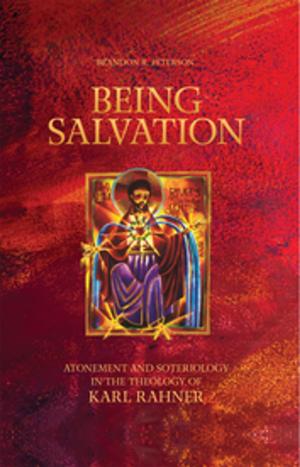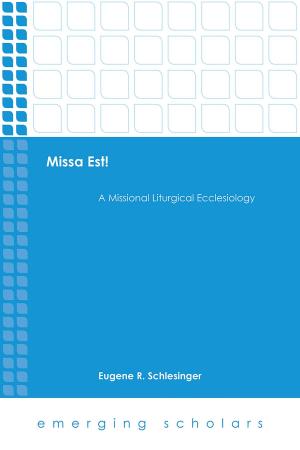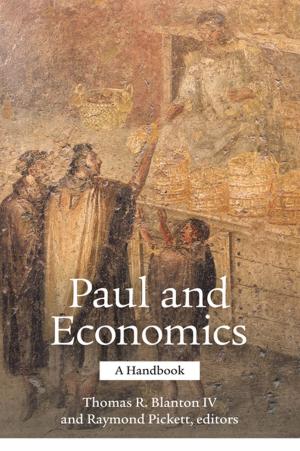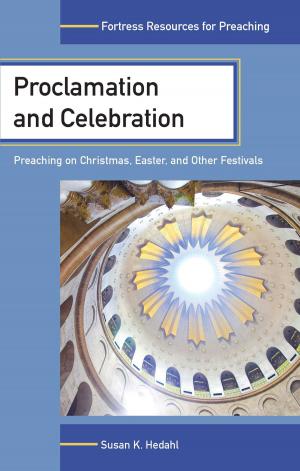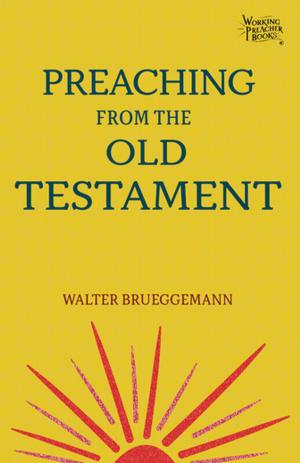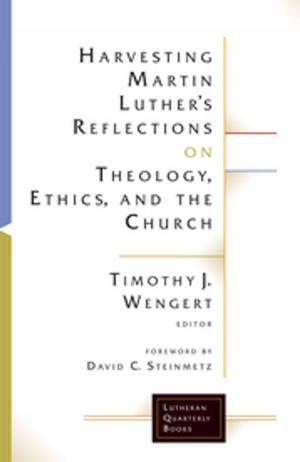The Histories of the Latin American Church
A Handbook
Nonfiction, Religion & Spirituality, Eastern Religions, General Eastern Religions, Christianity, Church, Church History| Author: | Joel M. Cruz | ISBN: | 9781451469745 |
| Publisher: | Fortress Press | Publication: | November 1, 2014 |
| Imprint: | Fortress Press | Language: | English |
| Author: | Joel M. Cruz |
| ISBN: | 9781451469745 |
| Publisher: | Fortress Press |
| Publication: | November 1, 2014 |
| Imprint: | Fortress Press |
| Language: | English |
Latin American Christianity is too often presented as a unified story appended to the end of larger western narratives. And yet the stories of Christianity in Latin America are as varied and diverse as the lands and the peoples who live there. The unique political, ecclesial, social, and historical realities of each nation inevitably shaped a variety of Christian expressions in each. Now, for the first time, a resource exists to help students and scholars understand the histories of Latin American Christianity.
An ideal resource, this handbook is designed as an accompaniment to reading and research in the field.
After a generous overview to the history and theology of the region, the text moves nation-by-nation, providing timelines, outlines, and substantial introductions to the politics, people, movements, and relevant facts of Christianity as experienced in that nation.
The result is an informative and eye-opening introduction to a kaleidoscope of efforts to articulate the meanings and implications of Christianity in the context of Latin America.
Latin American Christianity is too often presented as a unified story appended to the end of larger western narratives. And yet the stories of Christianity in Latin America are as varied and diverse as the lands and the peoples who live there. The unique political, ecclesial, social, and historical realities of each nation inevitably shaped a variety of Christian expressions in each. Now, for the first time, a resource exists to help students and scholars understand the histories of Latin American Christianity.
An ideal resource, this handbook is designed as an accompaniment to reading and research in the field.
After a generous overview to the history and theology of the region, the text moves nation-by-nation, providing timelines, outlines, and substantial introductions to the politics, people, movements, and relevant facts of Christianity as experienced in that nation.
The result is an informative and eye-opening introduction to a kaleidoscope of efforts to articulate the meanings and implications of Christianity in the context of Latin America.

